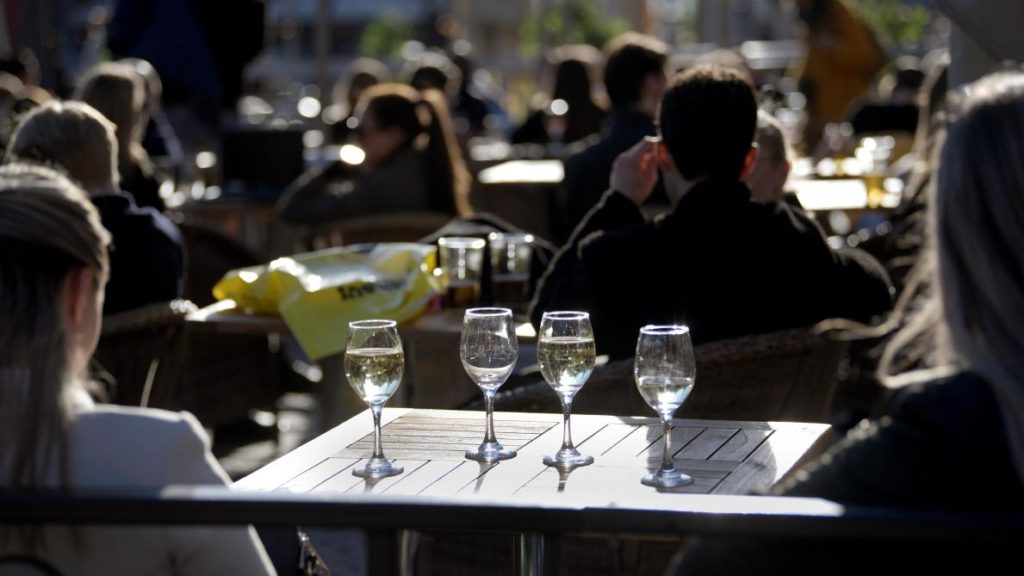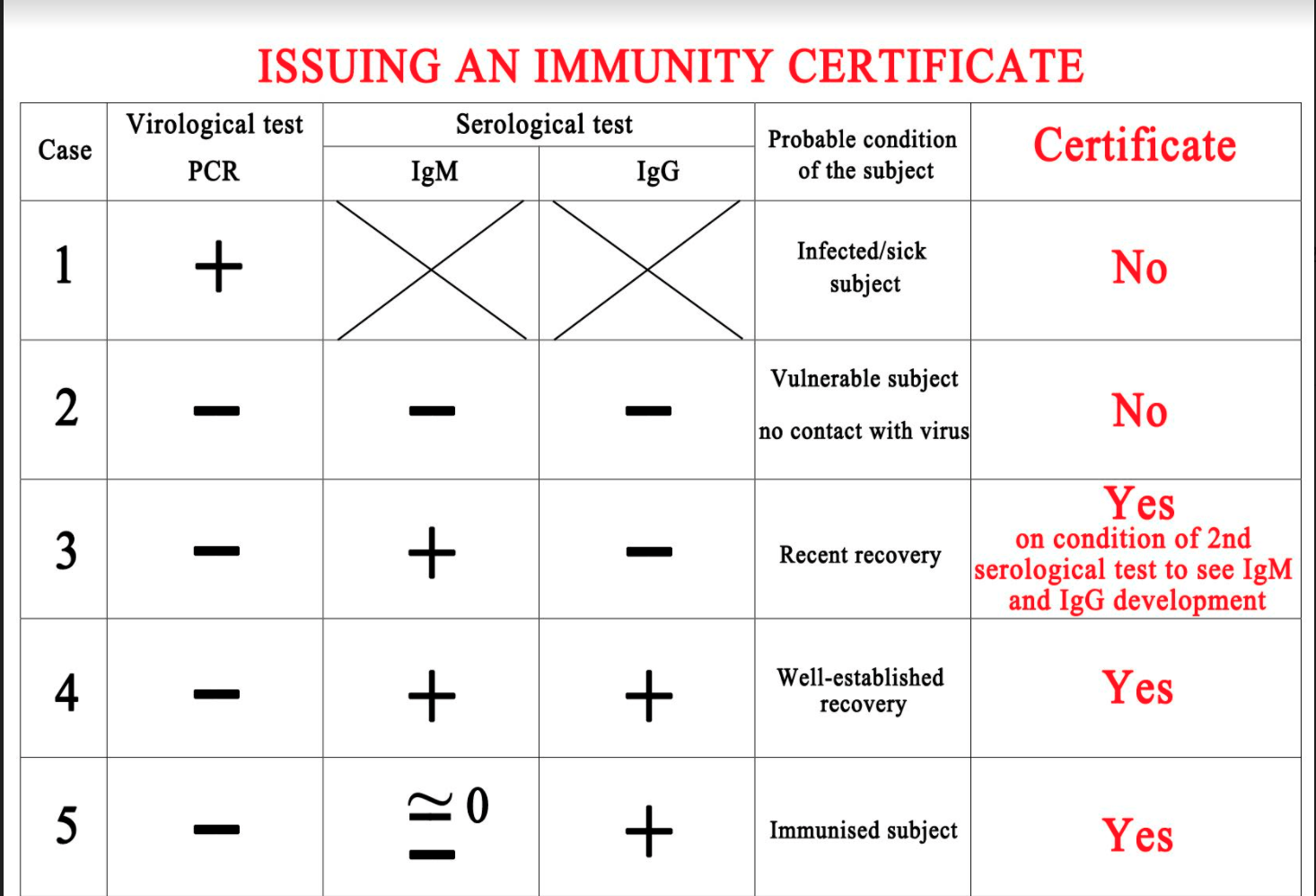Sweden’s approach to the coronavirus pandemic has been unusual. To date the country has avoided confinement, with schools and restaurants remaining open.
A much lower population density than the countries of continental Europe makes social distancing more practical and confinement easier to avoid.
Sweden’s political system, where the autonomy of government agencies is enshrined in the constitution, has also helped to make the approach possible. The country’s Public Health Agency, rather than the politicians, are deciding what should be done. The population’s level of trust in this depoliticised system is extremely high.
The country is focusing its tests for coronavirus on people with a role that is essential to society, such as police, firemen and those who work in care homes for the elderly.
Prime Minister Stefan Löfven said on April 17 that the country aims to further increase the level of testing to 50,000 to 100,000 per week, targeting people who have recently had COVID-19 symptoms.
The authorities deduce from these symptoms that the people in question have been infected with COVID-19 but have recovered and are now immunised, and so will not catch the illness again.
For the moment, Sweden will be carrying out tests for coronavirus and not for the antibodies which show immunity. This immunity can only be proved by a serological test for the presence of antibodies in the blood.
These immunity tests would be an important addition to the country’s arsenal which would reduce the risk of a need to resort to general confinement. Virological and serological tests are not mutually exclusive, but are in fact complementary.
As I have argued in The Brussels Times, immunity passports, delivered on the basis of a successful serological test for immunisation to coronavirus, can help to keep organisations operational and lessen the economic impact of the pandemic by identifying those who can be allowed to move freely and work without risk.
The duration of the acquired immunity remains unknown, but for key workers, serological tests could be repeated to ensure that it remains in place.
Two-stage protocol
In all countries, a growing proportion of the population has become immunized to coronavirus through exposure to the illness which their immune systems have produced antibodies to overcome – in many cases with the person never even getting sick.
Serological immunity tests would avoid the danger of wrongly sending back to work people who believed they had experienced symptoms but who later tested negative in a diagnostic test. Immunity tests would also avoid simply ignoring asymptomatic carriers of COVID 19. A study in the British Medical Journal has estimated that 78% of all cases may be asymptomatic.
The immunity that such cases generate is a crucial human resource in getting society back on its feet. We can’t afford to continue to ignore it by focusing exclusively on virological testing. A two-stage protocol which involves diagnostic and antibody testing would avoid this waste.
Simplistically put, there are two kinds of antibodies to be examined in the serological testing: IgMs which show an infection which is recent or continuing, and IgGs which show an old infection and present immunity to the illness in question.
The table here shows that it is insufficient and dangerous to rely on virological tests alone.
The Swedish approach means there is danger or inconsistency in sending people back to work in cases 2 and 3, as well as ignoring the asymptomatic carriers who are cured and immunised in cases 4 and 5.
Belgian scientists from the Free University of Brussels have confirmed the validity of this approach. The epidemiologist Marius Gilbert, the immunity specialist Michel Goldman and emeritus professor Nathan Clumeck have argued that using two kinds of tests, virological and serological, will help to maintain essential services and quicken the restart of the economy, while minimising the risk of a resumption of the pandemic after confinement restrictions are ended.
Immunisation Unknowns
In places with higher population density than Sweden, the challenge lies in ending confinement while avoiding an acceleration of the spread of the virus to the most vulnerable.
Germany and Luxembourg are among countries that have made immunity testing part of their strategy. The mayor of Paris, Anne Hidalgo, is now proposing that the French government makes serological testing and immunity certificates a key step towards ending confinement in the capital.
A key unknown is that we have not measured the impact of confinement on the immunisation rate. Hence Hidalgo’s proposal for large-scale serological testing to establish the level of immunisation.
The specificity of the immunity tests remains a problem. As yet, there is a danger that the tests would be unable to distinguish immunity to one of the illnesses within the coronavirus group from immunity to COVID-19 itself.
The scientific community is working flat out to improve the precision of the tests. All possible means must be devoted to supporting their work, and to deploying the perfected test as widely and as quickly as possible.
Some have argued that the chance to get a certificate would encourage moral hazard: fit, young people might be willing to risk contact with the virus, confident that they would be able to produce antibodies to overcome it.
I have faith in the ability of the authorities to prioritise the testing of essential workers for immunity, and in the responsibility of our citizens in not recklessly seeking to obtain certification.
Others have said that splitting society into two groups, those with and without immunity certificates, would undermine social cohesion at a time when it is needed most.
My view is that this danger is outweighed by the need to get essential services and the economy running again in as far as this can be done without risk: this can be a strong signal that our social fabric has survived.
By Sam Rainsy
Former Minister of Finance of Cambodia
Founder and interim leader of the opposition Cambodia National Rescue Party



